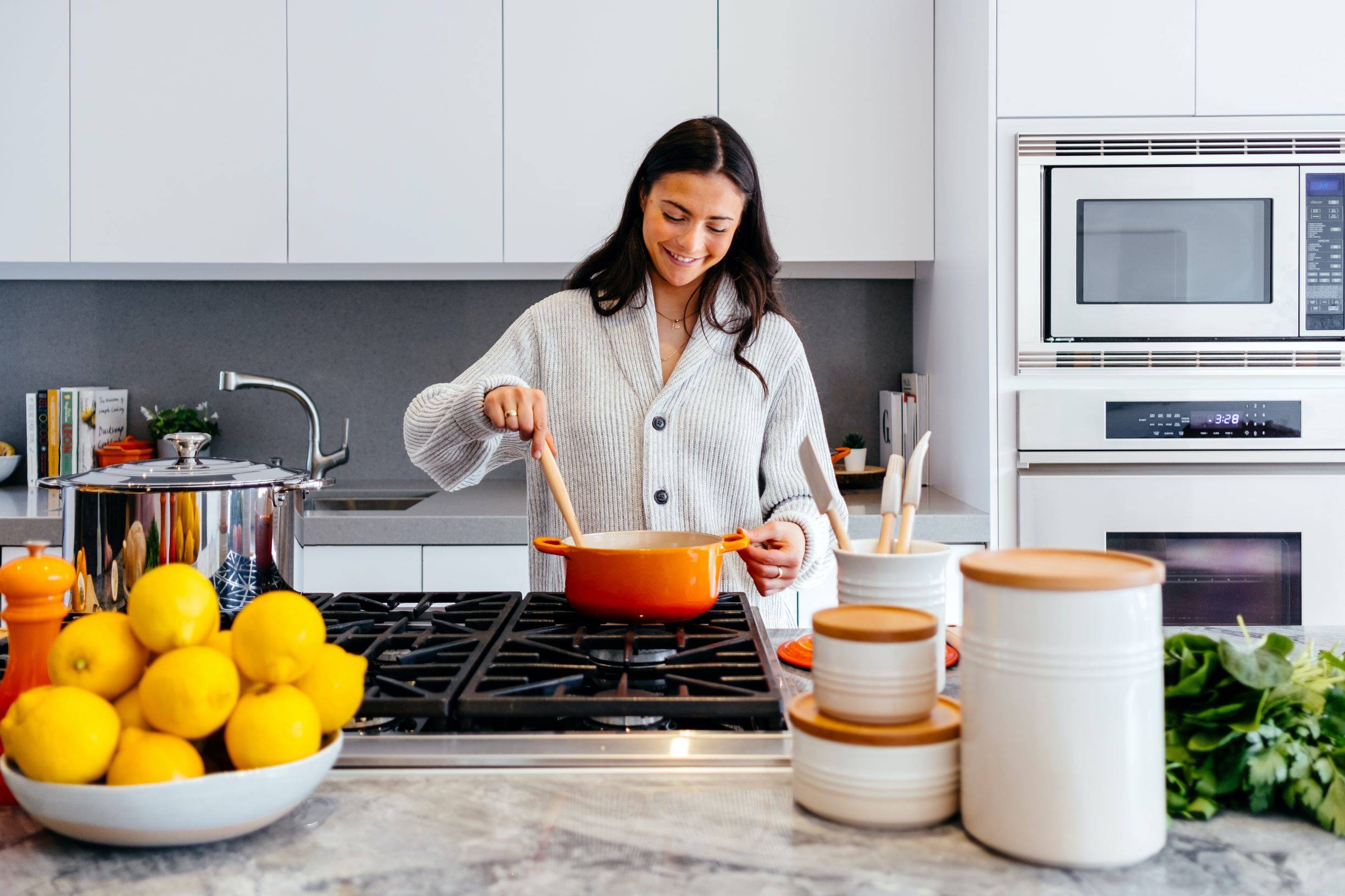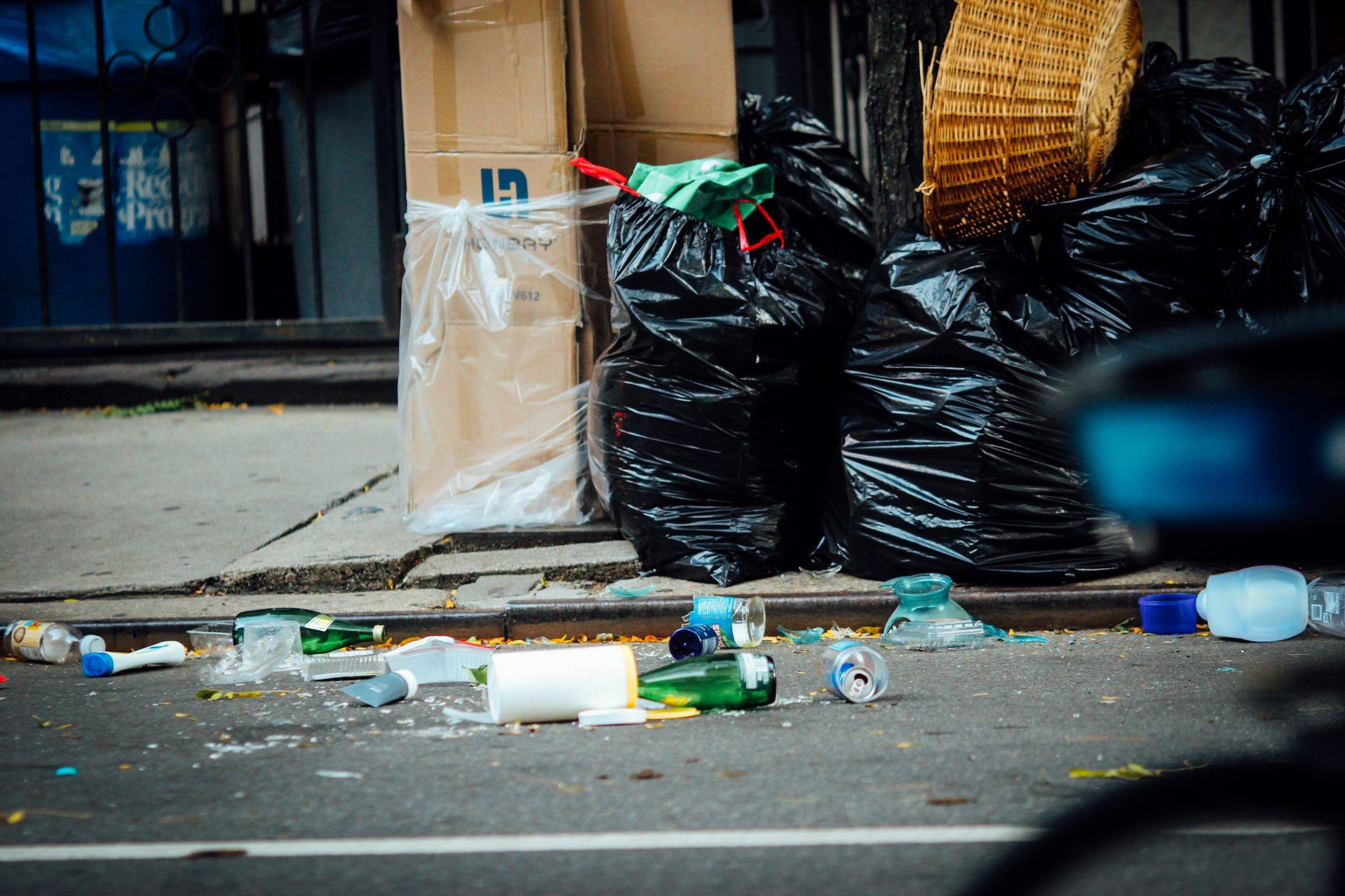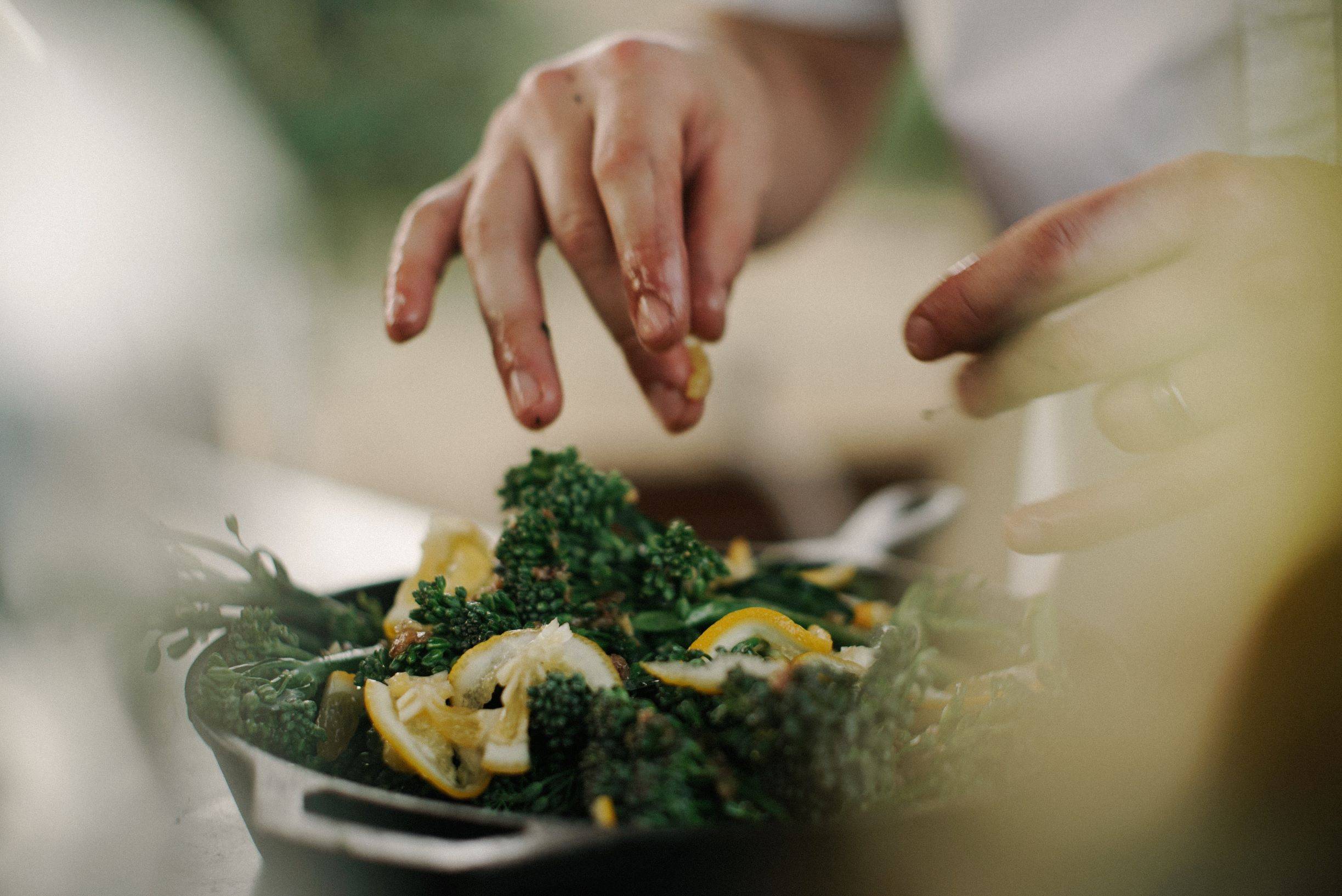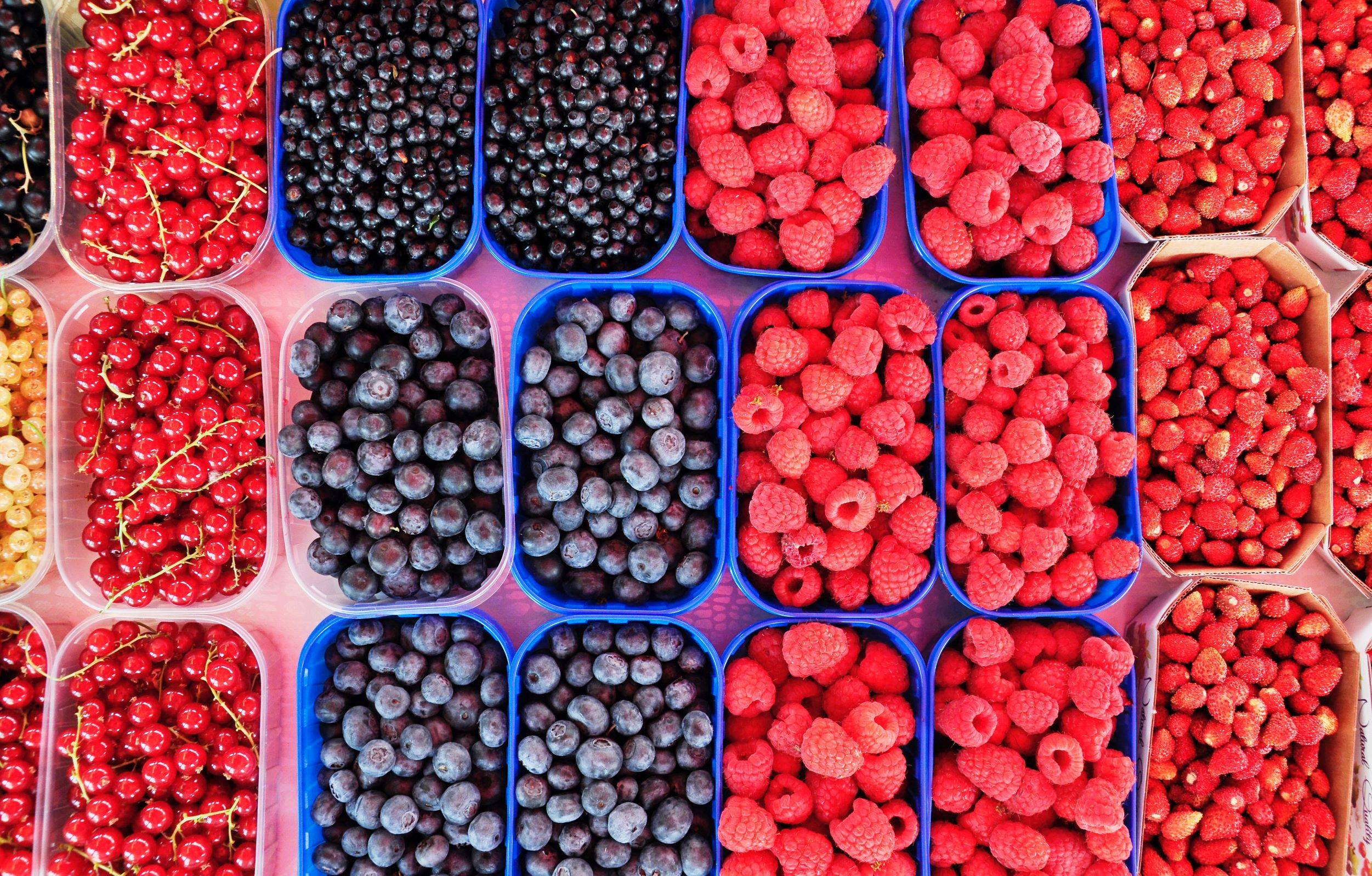Seven Ways To Fight Food Waste

We need to Talk About Food Waste...
It still amazes us that, globally, 1.3bn tonnes (1) of food goes to waste every year. While a third of all food produced never even reaches your plate, a lot of waste happens closer to home. Households and businesses in the UK add around 9.5m tonnes to the world’s food waste mountain annually – enough to feed the entire UK three meals a day for 11 weeks. (2)
Meanwhile, 690 million people across the planet regularly face hunger (3) and around two billion lack essential vitamins and minerals (4).
What's more, if food waste were a country, it would be the third largest producer of greenhouse gases (5) in the world.

At ZENB we know we have a responsibility to help inspire change, which is why we use as much of the vegetable as possible in our Veggie Snacks to help raise awareness about food waste. It’s also a key reason our ZENB Pasta is made from 100% yellow peas, which are less thirsty for water and give back soil-loving amino acids.
As World Hunger Day on 28 May shines a harsh light on the issue, let’s all take a few little steps tat can have a big impact. With our busy, complicated lives it can be tough to think environmentally in the kitchen. But from eco-friendly cooking tips to sustainable kitchen hacks there are little things we can all do to make a difference.

And when it comes to food waste, here are seven simple steps to bin it.
1. Make a plan
Planning your weekly meals, including the quantities of ingredients needed, means you’re more likely to use it all, eat healthily and save time and money.
2. Be creative
Before you buy more food, see if you can whip up something interesting from what you have lying around. Maybe make it your ‘surprise’ signature dish!
3. Store smart
Discover the best ways to store vegetables and fruit so they stay fresher for longer. Here’s one quick tip: don’t wash berries until you’re going to use them, as they can go mouldy.

4. Freeze it
Put any surplus food, or anything you can’t eat in time, in the freezer.
5. Be prepared
If you can, prepare food when you buy it. You’re far more likely to eat vegetables and fruit you’ve neatly chopped, sliced, diced and stored appropriately.
6. Get to know ‘by’ dates
Never eat food past its ‘use by’ date as this could put your health at risk. However, ‘best before’ dates are about quality, and food may still be perfectly safe and edible afterwards (just not looking its best). Learn what’s safe to eat past its ‘best before’ and for how long.
7. Eat ugly
A lot of food is wasted because it’s simply not pretty enough. So support any shops and supermarkets selling ‘wonky’ fruit and vegetables. They taste just as good.
1. http://www.fao.org/food-loss-and-food-waste/flw-data
2. https://wrap.org.uk/taking-action/food-drink/actions/action-on-food-waste#
3. https://www.worldvision.org/hunger-news-stories/world-hunger-facts
4. https://research.csiro.au/foodglobalsecurity/global-diets-lacking-in-essential-vitamins-and-minerals/
5. https://ourworldindata.org/food-waste-emissions



